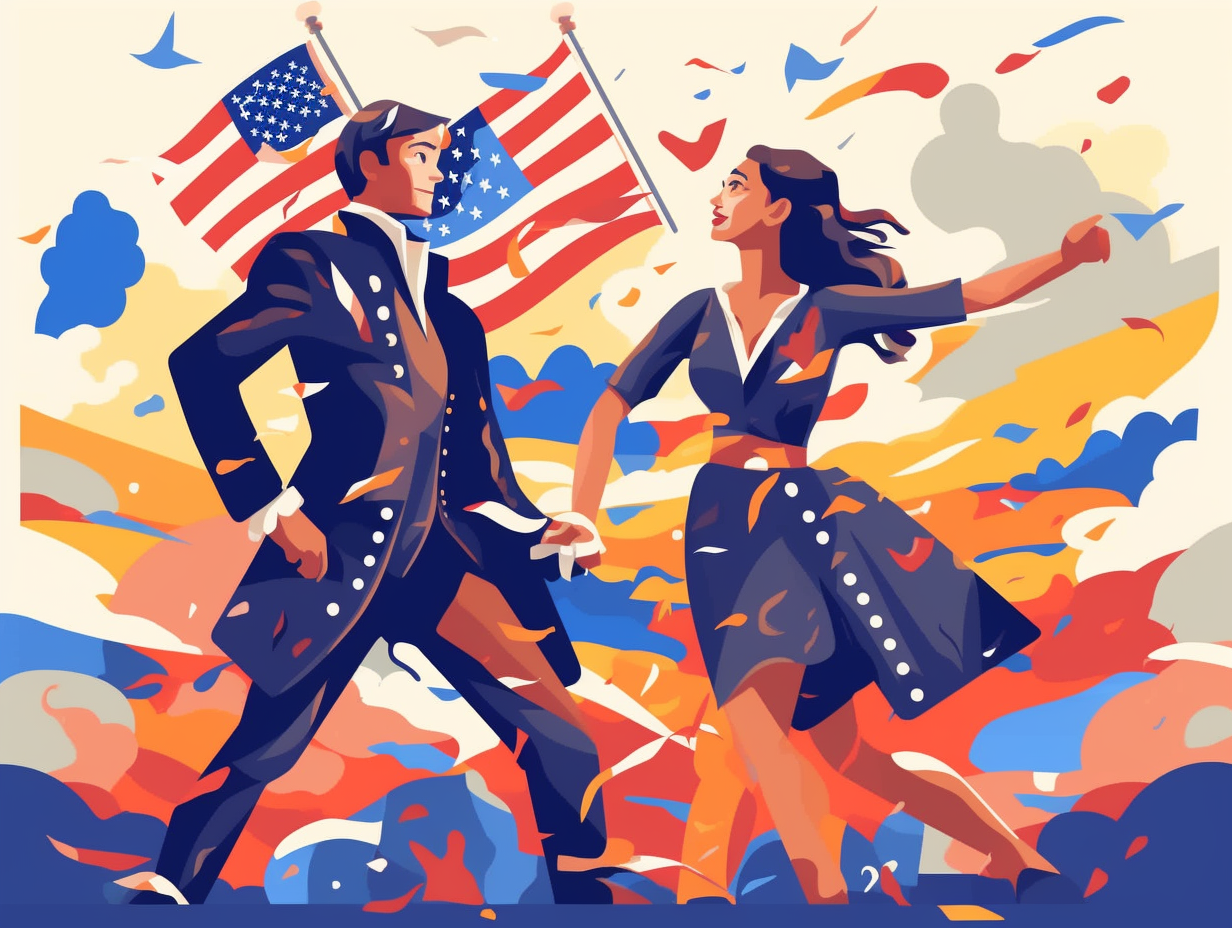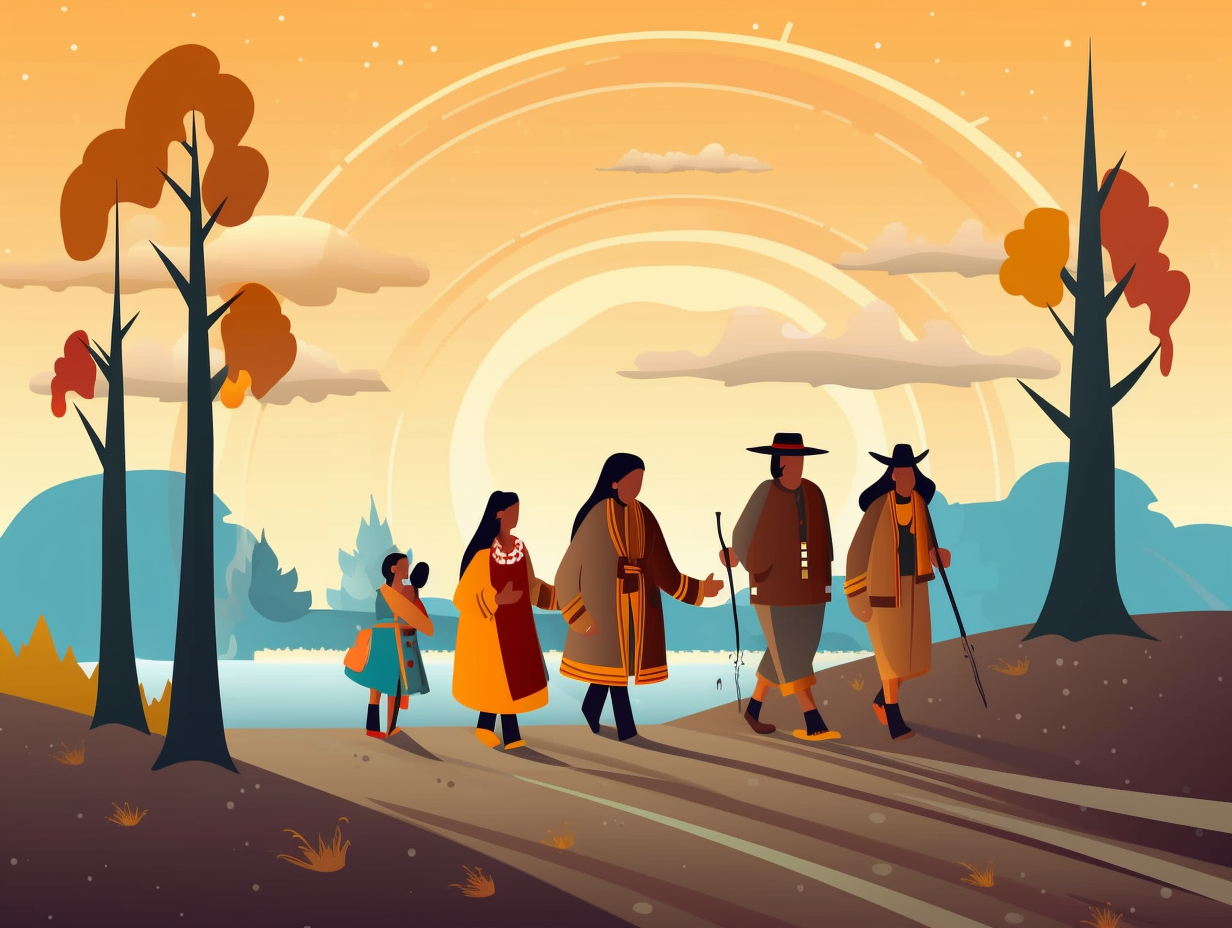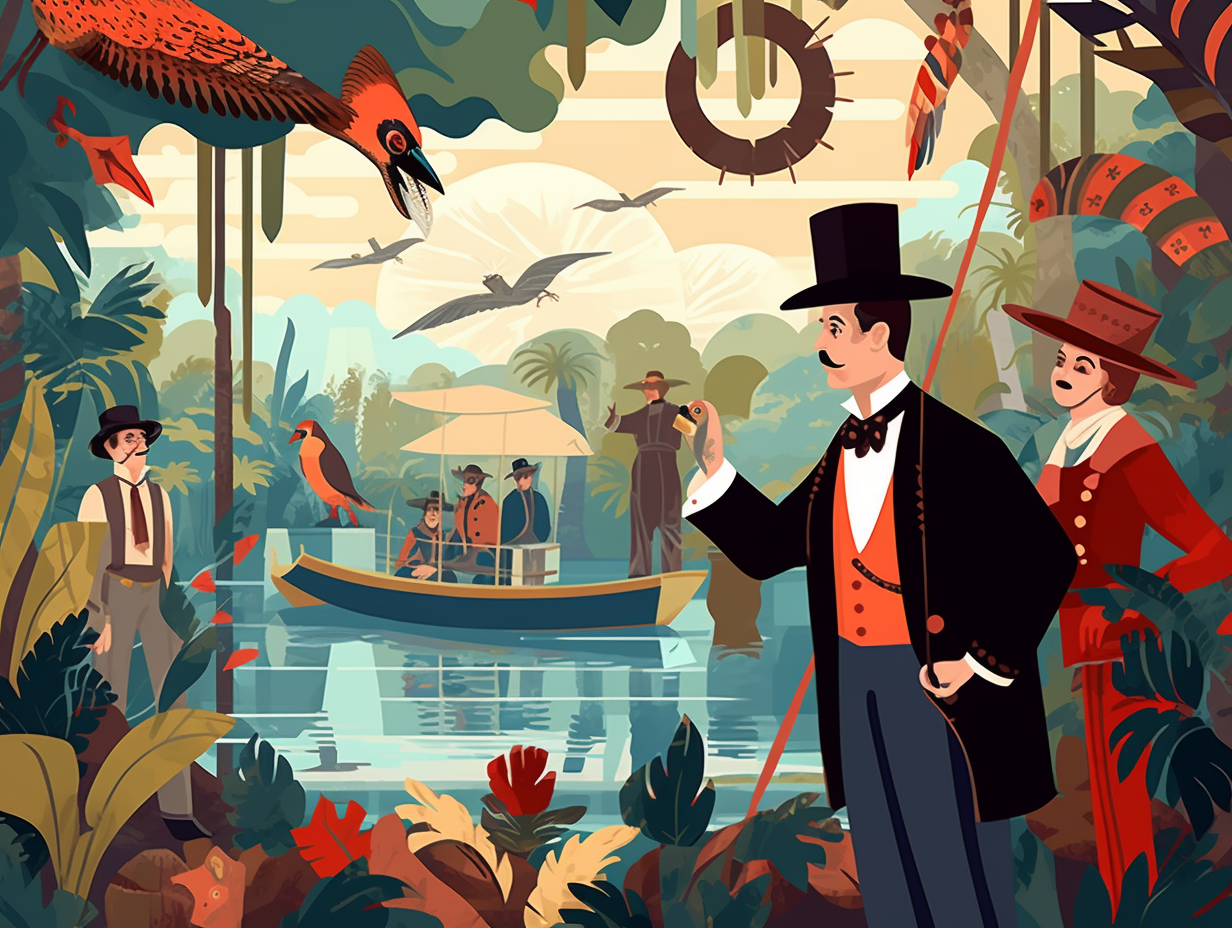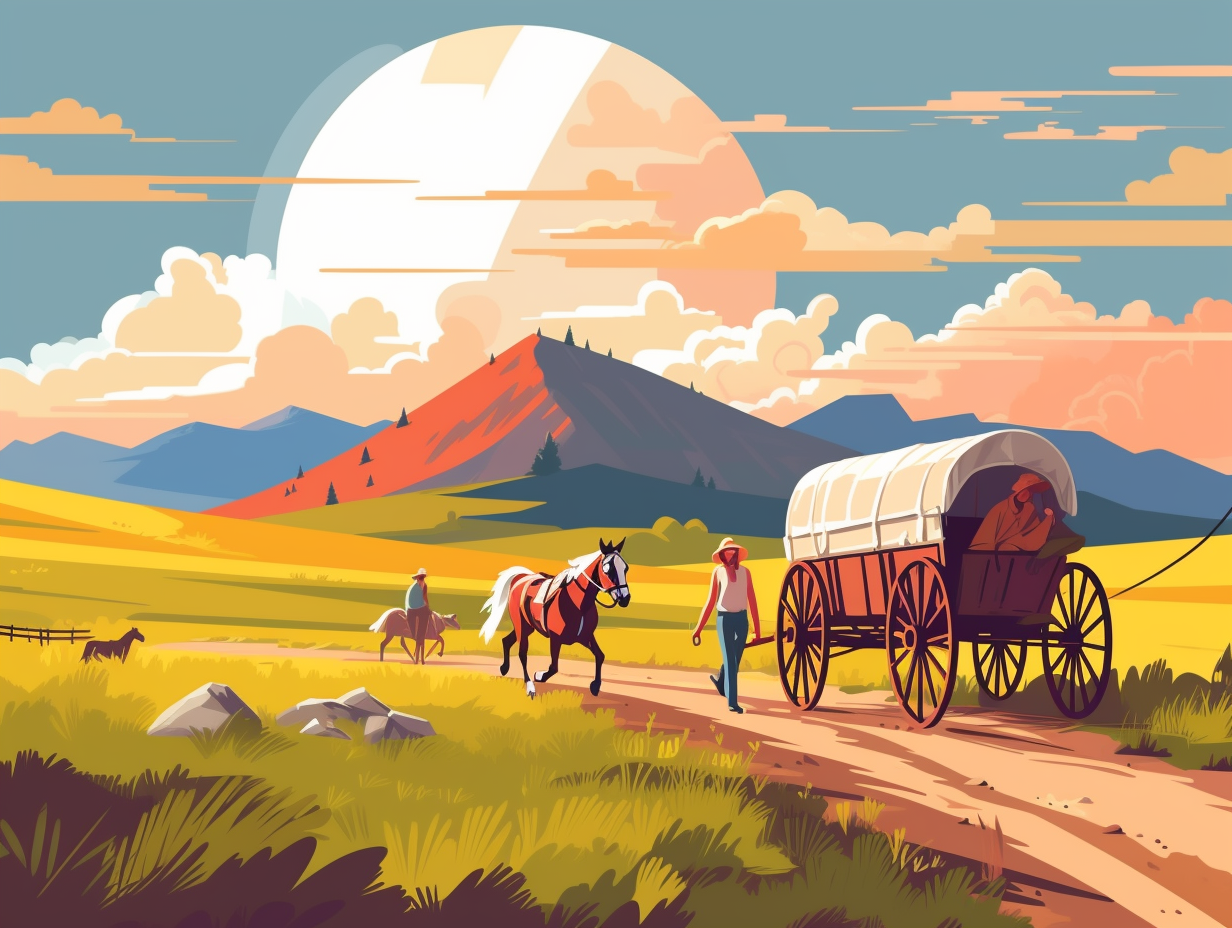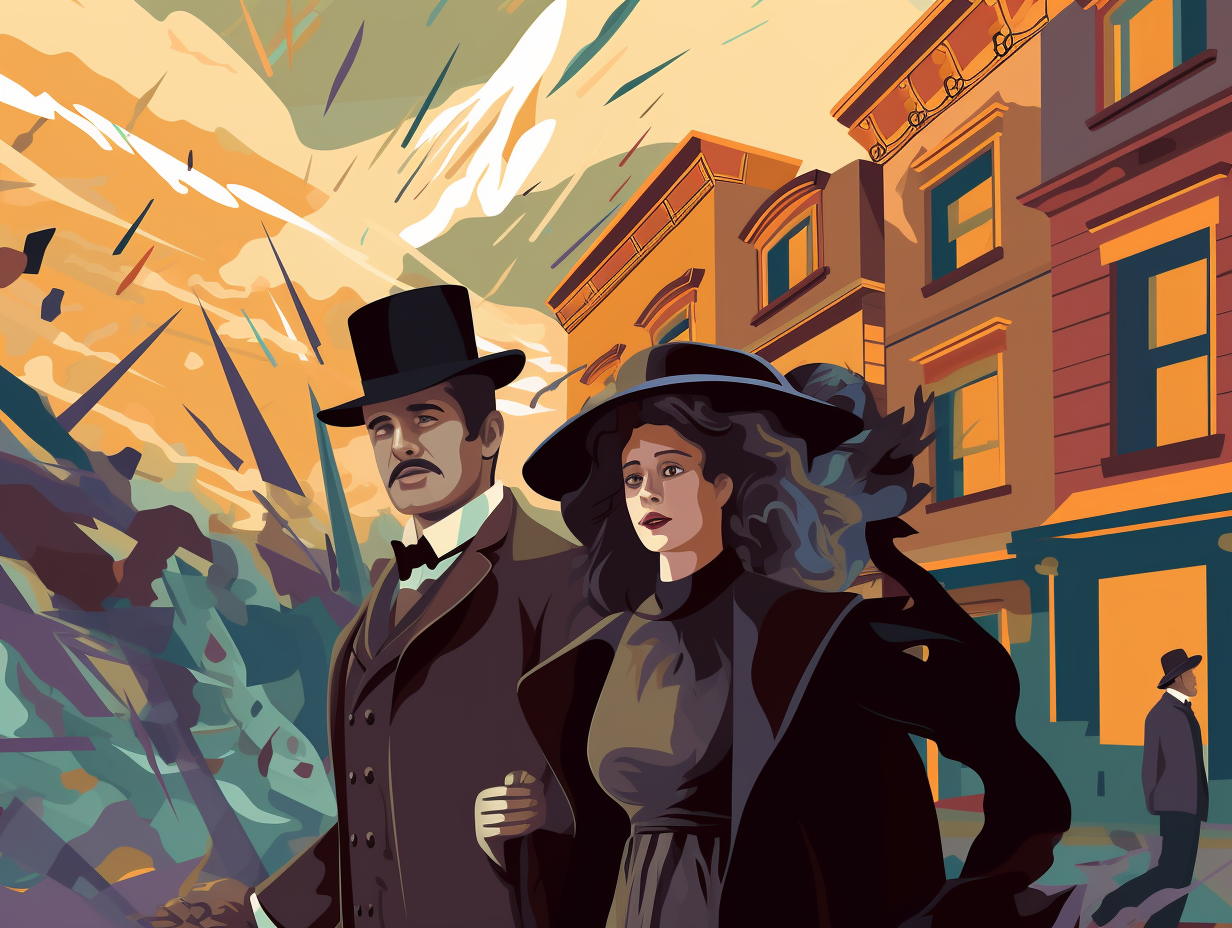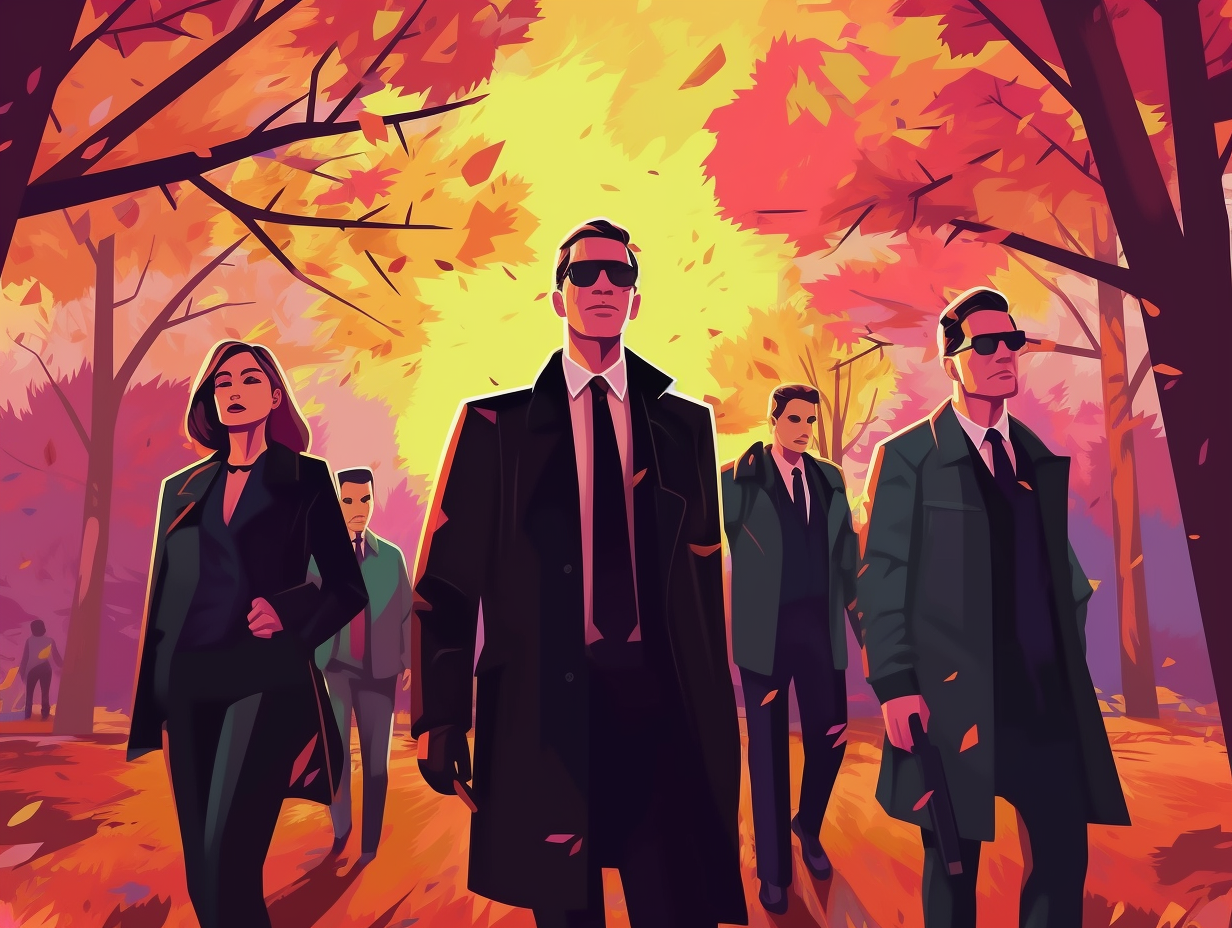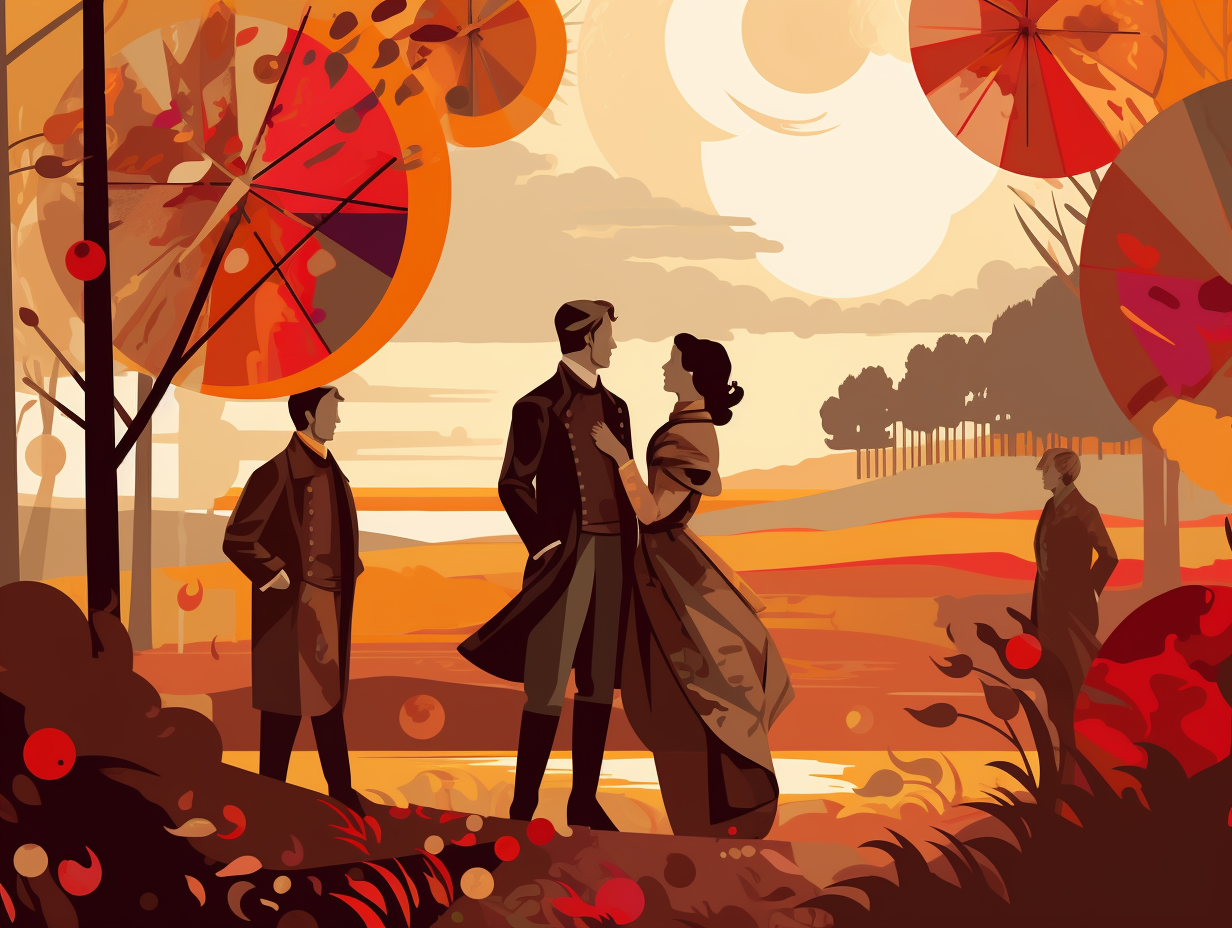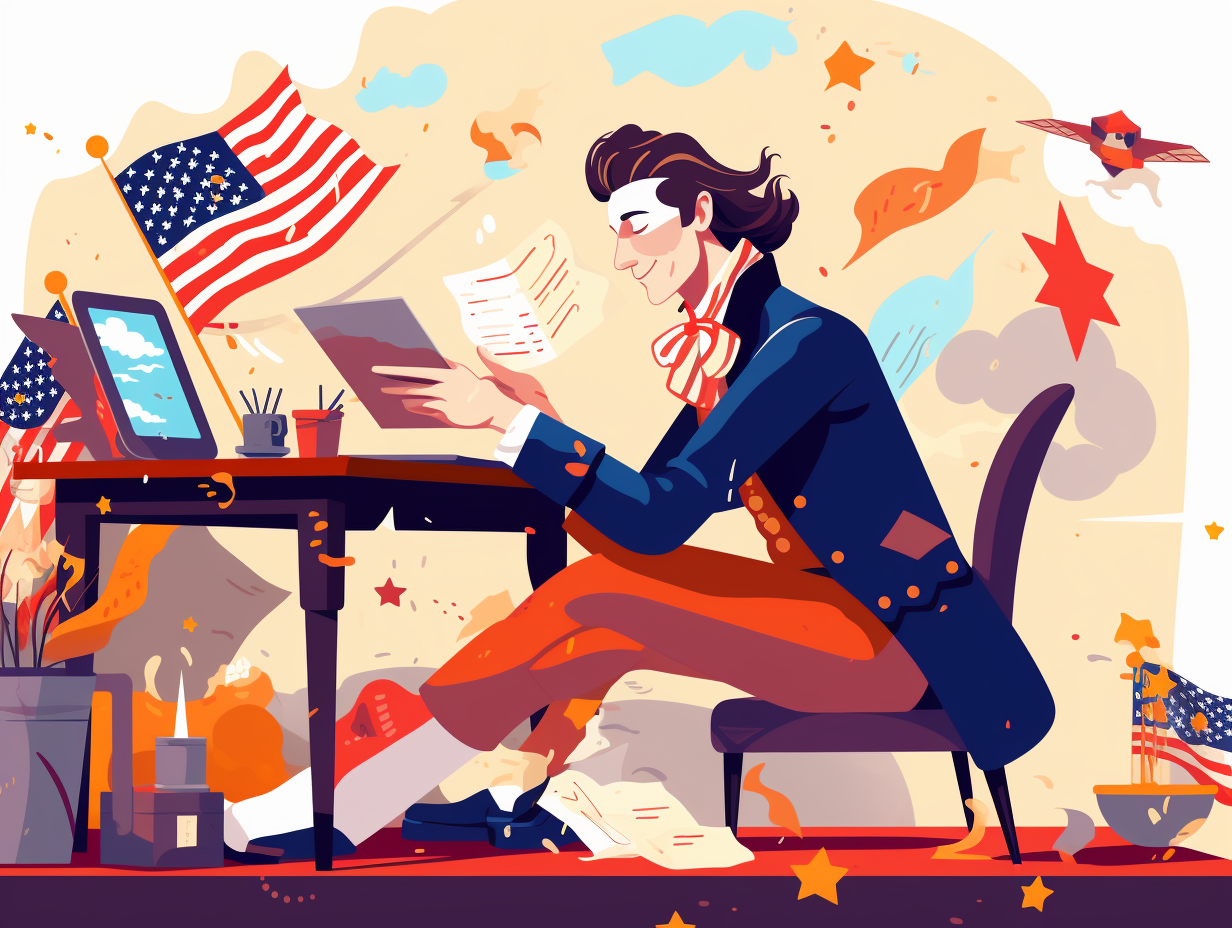Groovy Flashback: Top 11 Fun Facts About 1972 You Won't Believe!

1. Electronic Pigeons: Early Email Systems
Before sliding into our DMs became a thing, our forefathers were grappling with electronic pigeons - well, sort of: In 1972, companies like IBM and CompuServe started pioneering electronic mail systems, although it wasn't until 1983 that the ARPANET implemented the Simple Mail Transfer Protocol (SMTP) for a more standardized memo-sending experience.
Source => en.wikipedia.org
2. Pong: First Commercial Video Game
Back in the days when dinosaurs still roamed the earth and digital watches were considered a pretty neat idea, a little-known form of electronic wizardry was about to hit the scene and challenge the supremacy of rubber bands and cocktail sticks: In 1972, the iconic game Pong emerged as the first commercially successful video game, ushering in a brave new world of joystick-jiggling, button-bashing good times.
Source => britannica.com

Did you know the first human-to-human heart transplant took place in 1967? Discover the groundbreaking story of Dr. Christiaan Barnard, Louis Washansky, and Denise Darvall that changed the world of cardiac surgery forever. 💓🏥
=> Fun Facts about The-1960s
3. Southwest Airlines: Birth of Low-Cost Airfare
In a game of "Planes, Ladders, and Legal Battles," Southwest Airlines climbed its way to the top, leaving competitors in the jet stream by selling a plane with a side of innovation: In 1972, after making a $500,000 net profit from selling their fourth aircraft to Frontier Airlines, Southwest introduced the pioneering ten-minute turn technique, speeding up flights and paving the way for the low-cost airfare industry.
Source => swamedia.com
4. Pong: Atari's Debut and Cultural Impact
Before consoles had us yelling "Wii Tennis, anyone?" and virtual reality made swatting imaginary balls socially acceptable, there was a little 2D game that started the racket: Pong was not only Atari's debut video game released in 1972 but also the first commercially successful one, designed by engineer Allan Alcorn as a training exercise and inspired by an early electronic tennis game. This digital interpretation of table tennis, featuring minimalist paddles and a single bouncing ball, spawned multiple sequels, imitations, and home versions that nudged video games into the mainstream. Pong's cultural impact even earned it a permanent spot in the Smithsonian Institution in Washington, D.C.
Source => en.wikipedia.org

5. HP-35: World's First Scientific Pocket Calculator
Before smartphones had a chance to flex their calculating muscles and proudly declare "there's an app for that", Hewlett-Packard gave birth to the pocket-sized mathlete sensation of 1972: the HP-35, boasting the title of the world's first scientific pocket calculator, with a numeric range spanning a whopping 200 decades. This revolutionary gadget, featuring a red LED seven-segment display, wowed the world by selling 100,000 units in its first year, and reaching over 300,000 sales before being discontinued in 1975, leaving a calculative legacy behind.
Source => en.wikipedia.org
6. Brando's Godfather Oscar Rejection
The original Godfather put on an offer the Oscars couldn't refuse, but Brando turned the tables: Marlon Brando declined his Best Actor award for The Godfather at the 45th Academy Awards in 1973, by sending American activist Sacheen Littlefeather in his place to speak on behalf of Native American civil rights, despite her later being revealed to have misrepresented her ancestry.
Source => en.wikipedia.org
7. Nixon's Historic Slumber Party in China
Who says breaking the ice can't change the world? Richard Nixon went to China for a 7-day slumber party full of pandas, ping pong, and powwows with Mao: In February 1972, Nixon's visit to the People's Republic of China marked the end of a 25-year Cold War standoff, creating a diplomatic shift that would continue to shape the United States' relationship with China to this day.
Source => en.wikipedia.org
8. Watergate: Journalistic Game of Clue
In 1972, a dynamic duo of journalists and their elusive, erotically nicknamed informant played a high-stakes game of Clue in the world of politics: Bob Woodward and Carl Bernstein, Washington Post reporters, unraveled the infamous Watergate scandal with the help of an anonymous whistleblower dubbed "Deep Throat," who later turned out to be W. Mark Felt, a former associate director of the FBI. With a storyline fit for the silver screen, their tale was immortalized in the Pulitzer Prize-winning book, "All the President's Men."
Source => history.com
9. Apollo 17: Geologist's Moonwalk
Houston, we have a geologist: In the far-out year of 1972, Apollo 17 astronaut Harrison Schmitt made lunar history by becoming the first scientist, who also happened to be quite the rock collector, to leave his mark on the moon.
Source => history.com

10. Egg McMuffin: McDonald's Breakfast Star
When the early bird decided it needed more than just worms and wanted to indulge itself in a lip-smacking breakfast treat: In 1972, Herb Peterson conjured up the now-iconic Egg McMuffin, an ensemble of griddle-fried egg, Canadian bacon, and American cheese hugged dearly by a toasted and buttered English muffin, all available at McDonald's.
Source => en.wikipedia.org
11. HBO's Humble Beginning: Hockey Night
Before Netflix and chill, there was HBO and hockey: In 1972, a thrilling evening on television consisted of one of HBO's earliest broadcasts – a live NHL game between the New York Rangers and the Vancouver Canucks at Madison Square Garden, attracting a whopping 365 dedicated subscribers to their screens.
Source => euronews.com
Related Fun Facts

